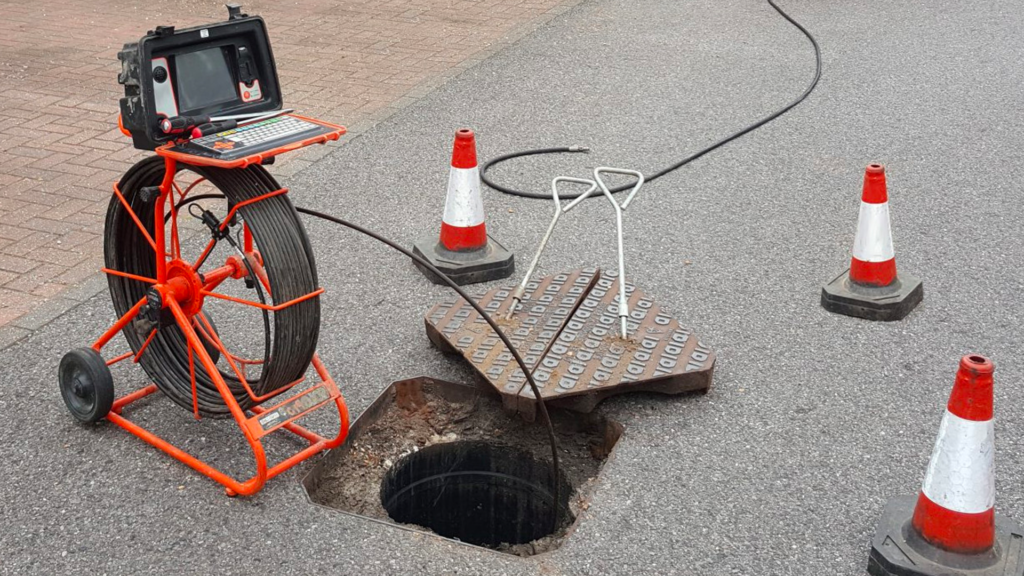Some Known Questions About Reclaim Waste.
Some Known Questions About Reclaim Waste.
Blog Article
The Basic Principles Of Reclaim Waste
Table of ContentsReclaim Waste Fundamentals ExplainedThe Reclaim Waste PDFsThe Greatest Guide To Reclaim WasteThe smart Trick of Reclaim Waste That Nobody is Talking AboutThe Main Principles Of Reclaim Waste
Check out the types, incidents, and kinds of fluid waste. Domestic sewage waste describes the waste and products from a residential septic system. This sort of waste is produced by humans in houses, institutions, and various other structures. This only consists of sewage-disposal tanks that have a drainpipe field. The appropriate administration and disposal of domestic sewage waste need liquid waste to be transferred to a sewer therapy plant where the correct methods and tools are applied to purify and get rid of waste.
Commercial waste frequently includes possible dangers, such as combustible materials or a mixture of fluid and solid waste items, and requires a more advanced and comprehensive disposal process. The disposal of commercial waste usually involves the filtration of waste before transportation to guarantee secure and correct disposal. Industrial waste is created from results and drainage of commercial procedures and production.
This kind of waste can not use the exact same sewage management transport or processes as septic or business liquids. The hazardous waste monitoring process requires the evaluation and testing of fluid waste prior to it goes through the disposal procedure (liquid waste removal). Drainage waste is the fluid waste that comes from runoff and excess stormwater in highly populated locations or cities
Overflow waste can cause contamination and flooding if not taken care of appropriately. Ensuring appropriate waste management can prevent catastrophes and minimize environmental damage.
Some Ideas on Reclaim Waste You Should Know
Call PROS Providers today to discover about our waste administration and disposal services and the appropriate means to look after the fluid waste you produce.
(https://fliphtml5.com/homepage/kekhp)Do you understand what occurs to your water when you draw the plug, purge the commode or drain the cleaning device? No? Well, it deserves knowing. This supposed 'wastewater' is not just a crucial source however, after therapy, will certainly be launched to our land, rivers or the sea. Used water from toilets, showers, bathrooms, kitchen sinks, laundries and industrial procedures is called wastewater.

water used to cool machinery or tidy plant and tools). Stormwater, a form of wastewater, is runoff that streams from agricultural and urban locations such as roofing systems, parks, gardens, roads, paths and gutters right into stormwater drains, after rainfall. Stormwater moves neglected straight to regional creeks or rivers, ultimately getting to the ocean.
The 10-Second Trick For Reclaim Waste
In Queensland, a lot of wastewater is treated at sewage therapy plants. Wastewater is delivered from domestic or industrial sites with a system of drains and pump terminals, understood as sewage reticulation, to a sewer treatment plant.
The Department of Natural Resources suggests regional federal governments about handling, operating and preserving sewerage systems and therapy plants. In unsewered locations, neighborhood federal governments might need homeowners to mount private or household sewage therapy systems to deal with residential wastewater from toilets, cooking areas, restrooms and washings. The Department of Natural Resources authorises making use of household systems when they are verified to be reliable.
In some new neighborhoods, therapy of some stormwater to eliminate clutter, sand and gravel has actually begun utilizing gross contaminant catches. Wastewater therapy takes place in 4 phases: Gets rid of strong issue.
Makes use of tiny living microorganisms knows as micro-organisms to break down and remove remaining liquified wastes and great fragments. Micro-organisms and wastes are included in the sludge.
The Definitive Guide to Reclaim Waste
Nutrient elimination is not readily available at all sewage therapy plants due to try this out the fact that it needs costly specialist equipment. Clear fluid effluent generated after therapy might still contain disease-causing micro-organisms - industrial wastewater treatment.

This usually implies wastewater has to be treated or pollutants removed prior to it can be released to waterways. A lot of wastewater flows right into the sewage system. Under the Act, city governments carry out authorizations and licences for eco pertinent tasks (Ages) entailing wastewater launches that could have a regional impact. The department carries out approvals and permits to Periods including wastewater releases that may have a regional or statewide influence.
The Definitive Guide to Reclaim Waste
Otherwise, examples are considered lab analysis. Frequently many examinations are needed to develop the levels of each of the different pollutants such as oils, heavy metals and pesticides in water. Surveillance supplies factual information regarding water quality and can verify that permit problems are being met. The info gotten via surveillance supplies the basis for making water quality choices.
Report this page